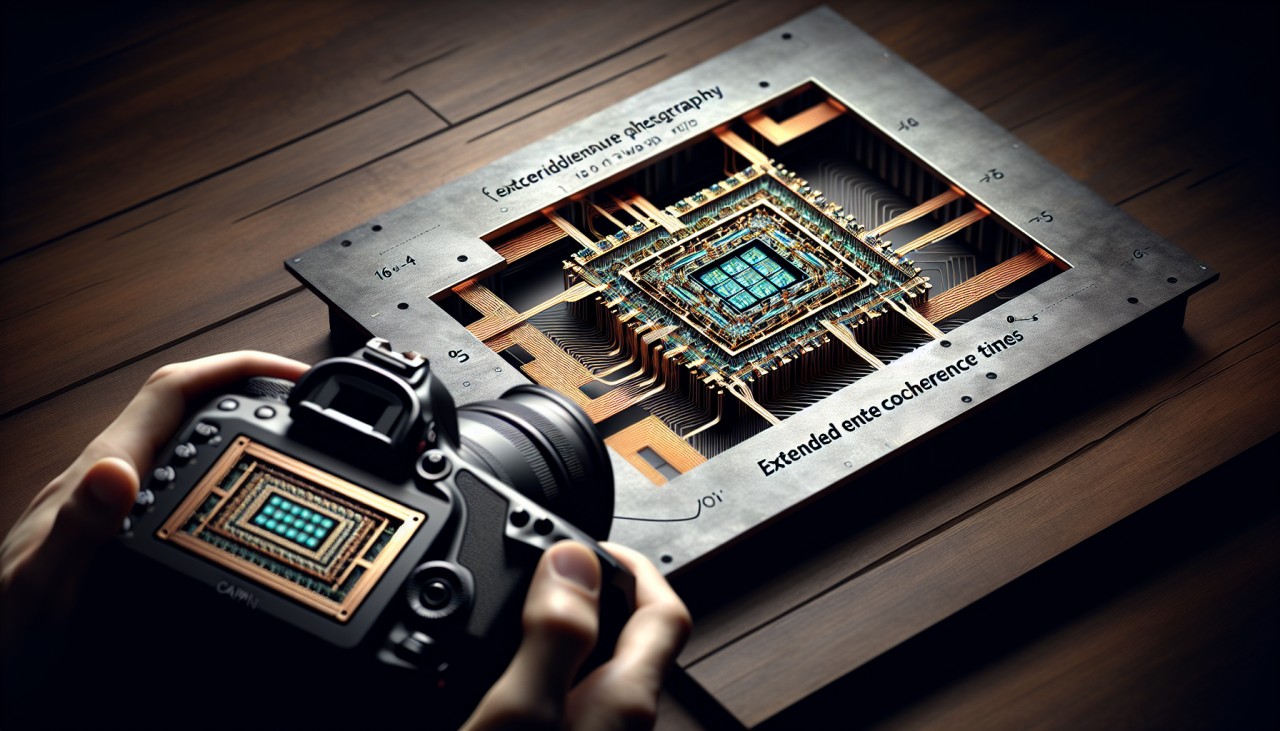In a groundbreaking study, physicists at Aalto University in Finland have achieved a significant advancement in quantum computing by extending the coherence time of transmon qubits to one millisecond. This achievement surpasses the previous record of 0.6 milliseconds and represents a 67% improvement. Coherence time refers to the duration a qubit can maintain its quantum state, which is crucial for performing complex computations. The extended coherence time indicates that quantum computers are moving closer to practical applications, as longer coherence times reduce the need for error correction and enhance computational reliability. This breakthrough positions Finland at the forefront of quantum computing research, potentially outpacing industry giants like Google and IBM. as.com
The researchers achieved this milestone by implementing innovative techniques to stabilize the qubits, including improved shielding and optimized control pulses. These methods effectively minimized environmental interference, allowing the qubits to maintain their quantum states for longer periods. The success of this experiment not only demonstrates the feasibility of building more reliable quantum computers but also opens the door to a new era of quantum technologies. Applications could range from advanced cryptography to complex simulations in materials science and drug discovery. As quantum computing continues to evolve, such advancements are essential steps toward realizing the full potential of this transformative technology. as.com
Key Takeaways
- Aalto University researchers extended transmon qubit coherence time to one millisecond.
- This 67% improvement reduces the need for error correction in quantum computations.
- The breakthrough positions Finland ahead of major tech companies in quantum research.
- Stabilization techniques include enhanced shielding and optimized control pulses.
- Potential applications span cryptography, materials science, and drug discovery.
Example
The extended coherence time achieved by Aalto University researchers enhances the reliability of quantum computers, making them more practical for real-world applications. This advancement could lead to breakthroughs in fields such as cryptography, where quantum computers can perform complex calculations more efficiently than classical computers, and in materials science, where they can simulate molecular interactions to accelerate the development of new materials and drugs.
